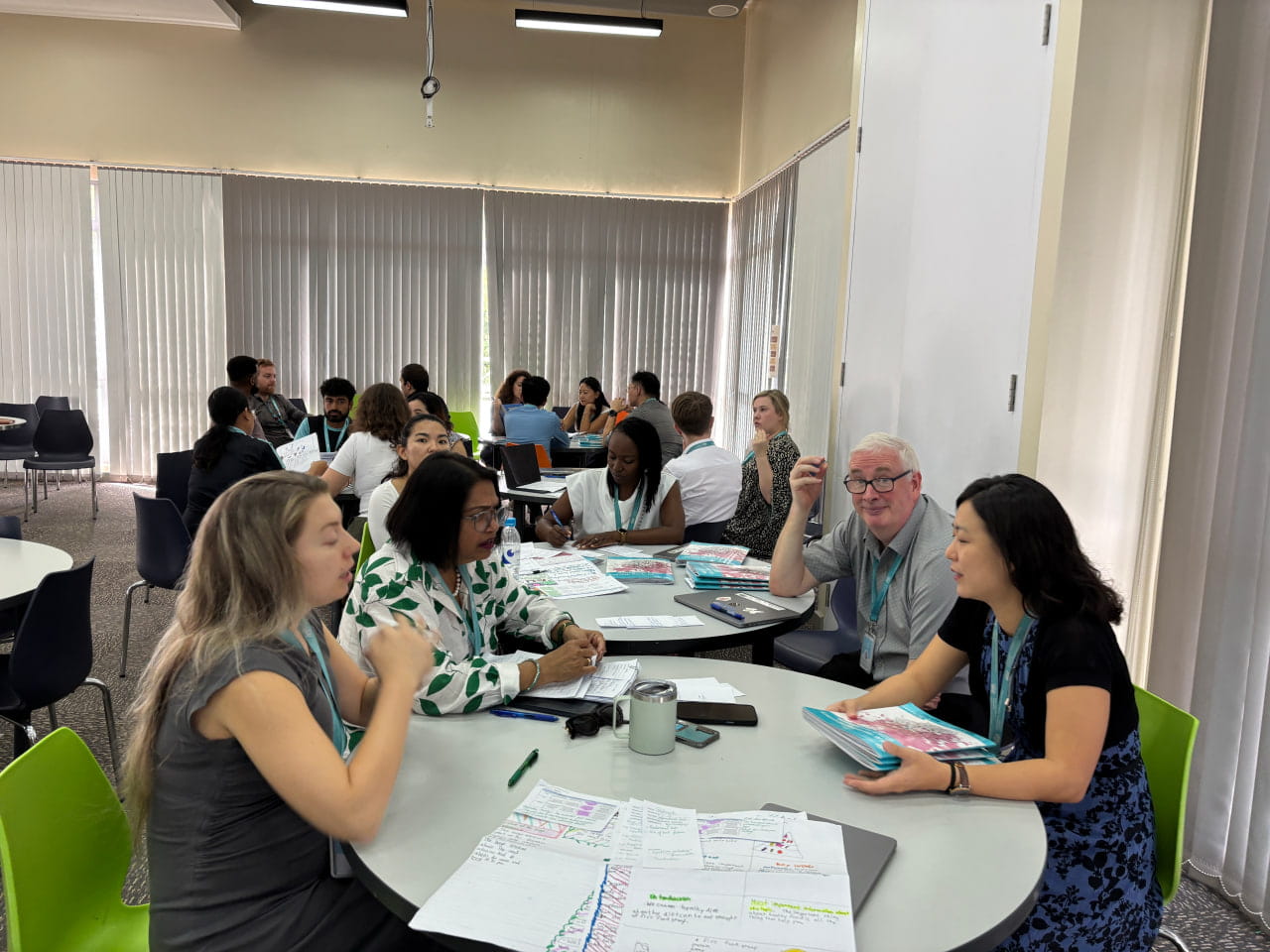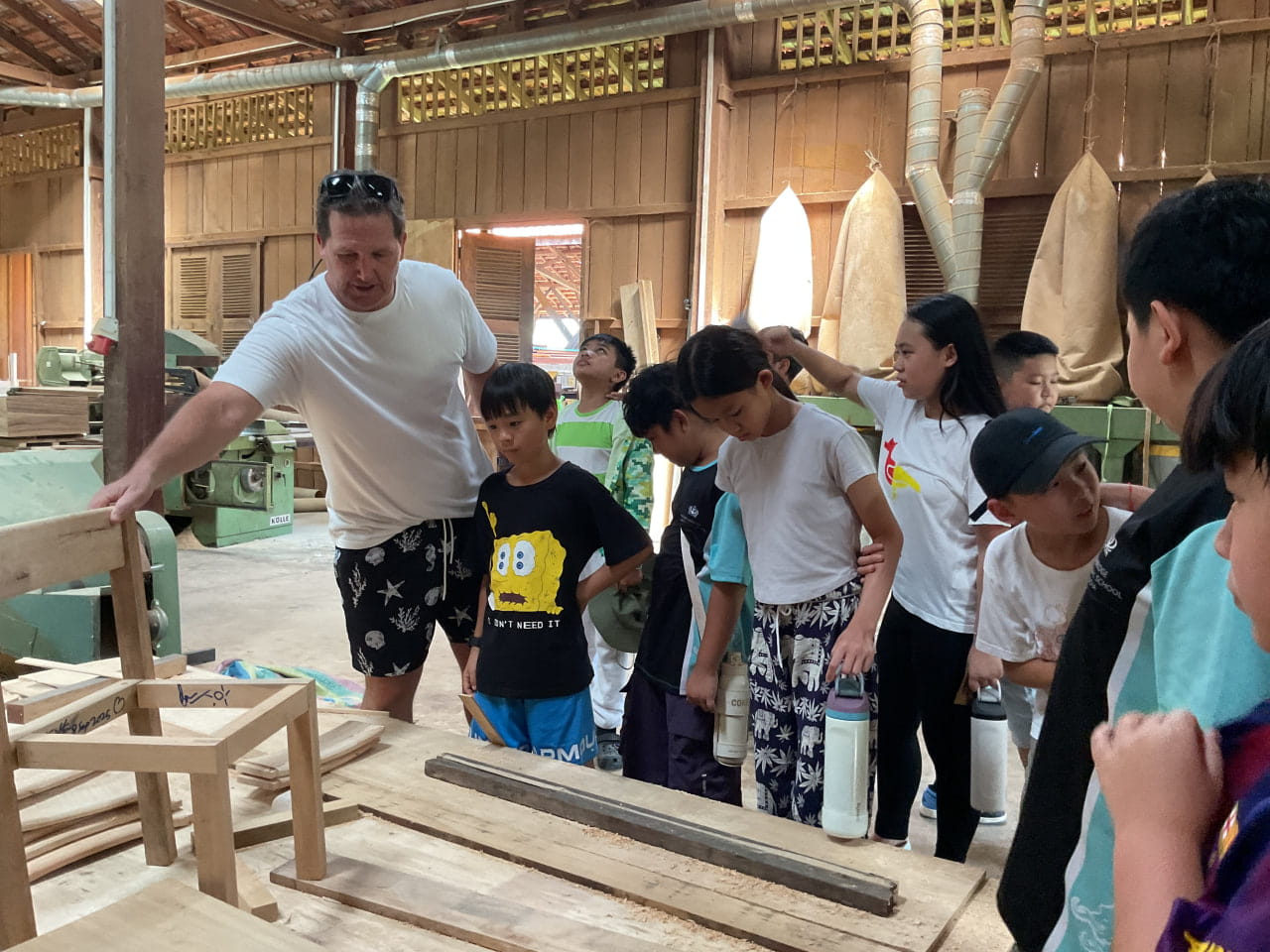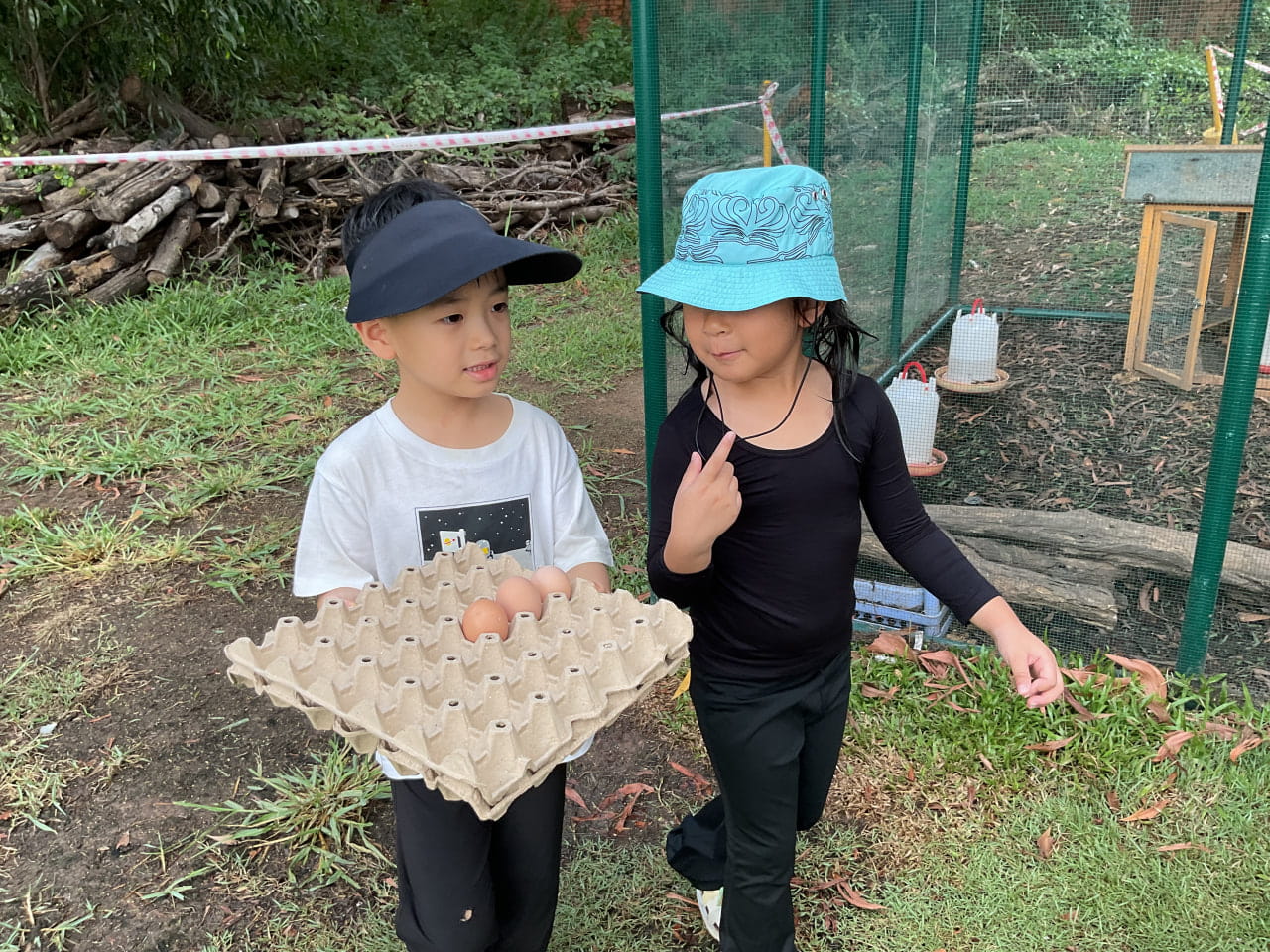What you need to know about occupational therapy at Northbridge Some parents at Northbridge International School Cambodia may have heard about occupational therapy but are not quite sure how it can support your student/child. Others might have been referred to an occupational therapist but do not understand why, especially since your student/child does not have an occupation yet. Finally, some of you may see that your student/child is struggling with certain skills, but do not know that an occupational therapist can help. If you fit into any of these groups, we have good news for you!
Some parents at Northbridge International School Cambodia may have heard about occupational therapy but are not quite sure how it can support your student/child. Others might have been referred to an occupational therapist but do not understand why, especially since your student/child does not have an occupation yet. Finally, some of you may see that your student/child is struggling with certain skills, but do not know that an occupational therapist can help. If you fit into any of these groups, we have good news for you!
What is occupational therapy, also known as OT?
“Occupational therapy is a health profession in which therapists and therapy assistants help individuals to do and engage in the specific activities that make up daily life.
"For children and youth in schools, occupational therapy works to ensure that a student can participate in the full breadth of school activities—from paying attention in class; concentrating on the task at hand; holding a pencil, musical instrument, or book in the easiest way; or just behaving appropriately in class.”
In other words, occupational therapists help children succeed in school by teaching them how to perform specific tasks that will help them overcome barriers to learning and participating in class.
Who can benefit from OT?
Any child that is facing specific physical, developmental, cognitive, or emotional challenges in school might benefit from OT, including a child with developmental delays or emotional limitations. In a school setting, occupational therapists can provide guidance for teachers on:
classroom considerations such as ergonomics and adaptation of work environments;
the impact of classroom design on attention;
why particular children behave inappropriately at certain times;
and where best to seat a child based on his or her learning style or other needs.
In addition, OT may be recommended for a student that is struggling to learn due to difficulties with:
motor skills
cognitive processing
visual or perceptual problems
mental health concerns
difficulties staying on task
disorganization
inappropriate sensory responses

Real life examples of OT applications
A common “occupation” that students must master in order to succeed in school is handwriting. Teachers often notice that particular students cannot hold their pencil correctly or have illegible handwriting.
An OT therapist can help a teacher evaluate a student and identify what is causing this difficulty. The therapist will look at the child’s skills and other factors, including (1) behavior, (2) visual, sensory, and physical capabilities, and (3) the school, home, and classroom environments.
With this information, the therapist will work with the teacher to find ways to improve the handwriting skills or identify ways to work around any disabilities that may impact the ability to write, such as providing a computer.
Children with attention and sensory challenges often lack the appropriate “filters” to screen out irrelevant sensory input, and this can cause significant distress that sometimes leads to meltdowns.
A child may be still processing, for example, a noise that they heard earlier as they entered the classroom, while at the same time trying to listen to a teacher’s instructions. Sensory overload can lead to challenging behaviors, withdrawal and complete shutdown.
An OT therapist can recommend simple strategies that can be used in the home or classroom to help these students get the sensory filters that they need. This, in turn, helps the child’s nervous system become more organised/regulated and, therefore, supports the child with attention and performance.

Who can provide OT in Phnom Penh?
Phnom Penh is a growing city and every day new services become available.
In the past months, Physiotherapy Phnom Penh hired Soledad Carrascosa, an Occupational Therapist trained in Europe and South America.
I have met Soledad and the rest of the professional team at Physiotherapy Phnom Penh, and have agreed to engage in a partnership to support our students with OT needs.
For more information, please contact me at Karen.Geating@nisc.edu.kh or stop by Room 3119.









